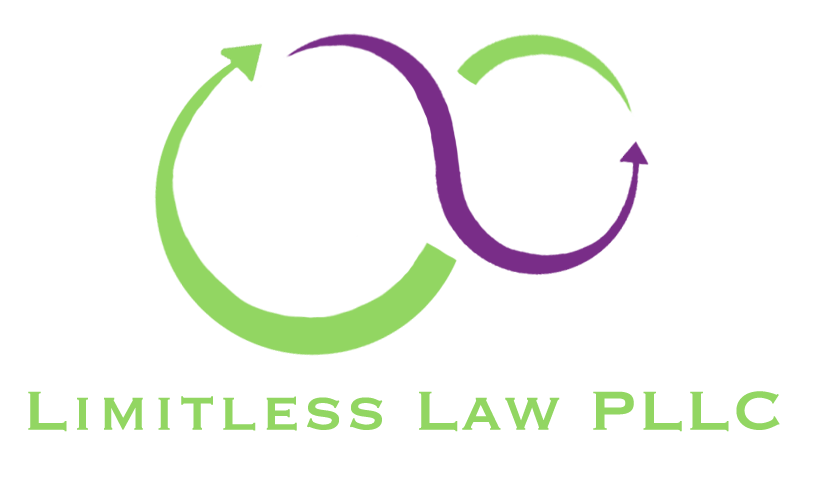Mental Health Advanced Planning
As medical science advances the ways that we all have to care for both our minds and bodies, the law is firmly stuck in its ways of evaluating the two parts of ourselves separately. As such, even if you can physically sign a legal document, if you are mentally unable to understand the nuances of the documents in front of you, you will lack standing to make legal decisions, even those about your physical and mental health treatment. Some of these issues can be addressed by signing your estate plan while you do have capacity, so you can plan ahead for your mental and physical health treatment.
Making your Powers of Attorney ‘Durable’ will prevent many problems if you begin to experience mental health problems, including dementia. A ‘durable’ power of attorney means that the powers vested in the document endure regardless of your mental state, until your death. You can also make your care preferences clear in your Advance Health Care Directive. Advanced Health directives only apply when you are terminally ill and unable to speak for yourself or permanently unconscious.
While your Advance Health Care Directive allows you to inform your representative and treatment team of your desires for your end of life in advance, they do not specifically address mental health problems such as dementia, where your mental health has declined but your physical body has not. Washington has created a Mental Health Directive in 2003 that addresses mental incapacity to make medical decisions without being terminally ill or in a permanent unconscious state. The Mental Health Directive also allows it to take effect when determined to be mentally incapacitated rather than the permanent unconscious state, under a specific diagnosis, or when specific symptoms or behaviors begin to occur.
The mental health directive allows for treatment decisions based on any organic, mental, or emotional impairment which has substantial adverse effects on an individual’s cognitive or volitional functions. This specifically could address the situation of mentally incapacitated, but not terminally ill, but limits the direction to only applying to mental health medication and treatment, not life sustaining treatment. Because there is a clear line between mind and body treatment directives and the mental health directive does not allow for withholding of life sustaining treatments, it does allow withholding of mental health treatments altogether, or limitations on what kind of treatments, who should be allowed to visit, and allows for nomination of a referred guardian should a guardianship proceeding be necessary. You can also draft this directive so that it can be revoked only when you have capacity, or at any time, even if you are incapacitated. It also allows for the nomination of an agent to represent the mental health care treatment.
If you are seeking legal assistance with estate planning, adoption, probate, real estate transactions, business law, bankruptcy or debt settlement, please don't hesitate to reach out to the experienced team at Limitless Law PLLC. We're here to help.
Call 360-685-0145 or click here to learn more.






